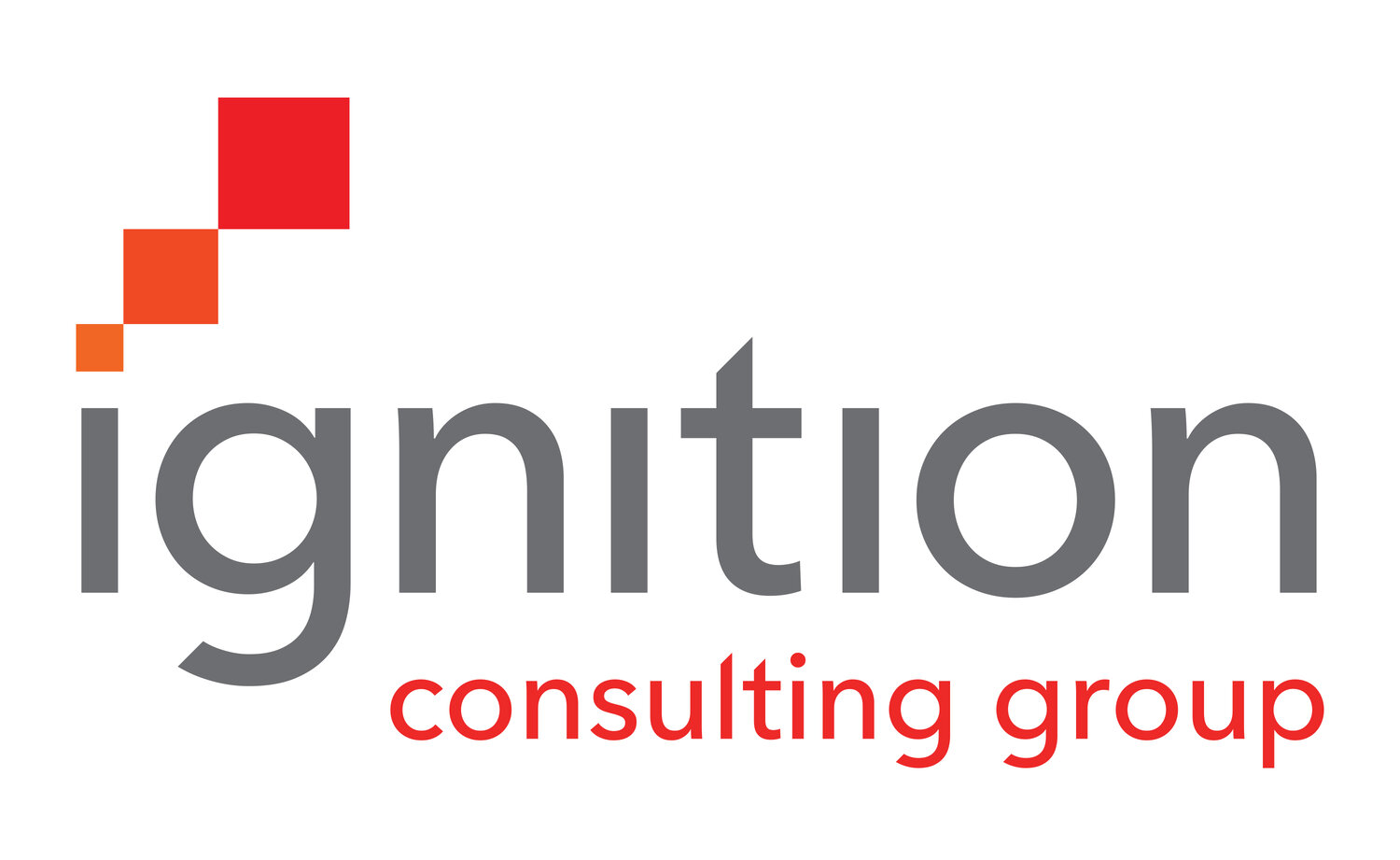Value-Based Pricing? Enough of the Theory!
By Tim Williams
If this headline describes how you’re feeling about “value-based pricing,” this article was written especially for you. In the countless conversations our firm has had with agency executives about their revenue models, many have expressed this sentiment.
If you’re completely new to the topic of modern pricing for professional firms, it’s easy to understand why you would be interested to see examples of actual pricing strategies in action. But for those of us who teach value-led pricing, the most distressing comment we hear from agency professionals is, “Well, this all sounds good in theory, but …”
Theories actually make the world go round. Theories hold up bridges and make airplanes fly. A theory explains how and why something works. That’s why professionals in fields ranging from accounting to engineering are first taught the theory, then the practice. You don’t learn how to construct an airplane by just looking at pictures of airplanes; it’s essential first to understand the theory of aerodynamics.
To change your practices, first change your paradigm
You can stare at expansion bridges all day long, but if you don’t understand the underlying principles — the theory of bridge building — you won’t have a clue where to begin. In the realm of revenue models, you can spend time reviewing examples of how other firms have priced client engagements, but this won’t provide you with an understanding of how to do it yourself. Or, more importantly, why.
The fact is, the only people or organizations that change their practices are those who have first changed their paradigm. Paradigms are mental frameworks that guide how we see a particular issue. If your paradigm about the climate is that weather patterns are not changing — or that humans don’t play a role in the changing weather — your daily practices are very different from your “green” neighbor. More to the point, you will likely never change your practices until and unless you change your paradigm.
The mental maps we carry around in our heads are etched in neural pathways that both dictate and predict our behavior. If our paradigm is that the world is flat, we navigate very carefully to make sure we don’t sail off the edge. In a business context, our mental maps are almost single-handedly responsible for the way we structure our firms, manage our people, and charge for our services. And the pitfall we all face is that we mostly have incomplete — or obsolete — maps.
When doctors operated with dirty hands
This phenomenon is easiest to observe in the world of science. When the famed nurse Florence Nightingale attended to the wounded soldiers during the Crimean War, the reigning paradigm among medical professionals was that infection is caused by "bad air," known then as the miasma theory. So hospitals would open their windows, even in the dead of winter, hoping to save the lives of infected patients.
This mental map about infection also produced a host of behaviors that seem inconceivable today, most notably that doctors didn't bother to wash their hands prior to medical procedures. In the battlefields of the American Civil War, surgeons would operate with unsterilized hands and instruments, not just because of chaotic conditions but because their paradigm of infection was flawed. It wasn’t until Joseph Lister’s germ theory became widely understood and accepted (which took decades) that medical practitioners began to adopt a saner approach to cleanliness.
It’s in this way that paradigms drive practices. If we don’t accept germ theory, why would we spend the time and money it takes to sterilize hospital rooms and operating tables? On the other hand, once we do accept germ theory, we wouldn’t think of operating in any other way.
Let’s apply this framework to the way agencies think about compensation. If your mental map is that the inventory of your firm is a warehouse full of hours, guess what kind of practices that model produces when you're selling your services? On the other hand, if your paradigm is that professional service firms sell intellectual capital and solutions to business problems, your practices will be markedly different. You will, in fact, be inspired to invent completely new practices that align with your updated theory of value.



